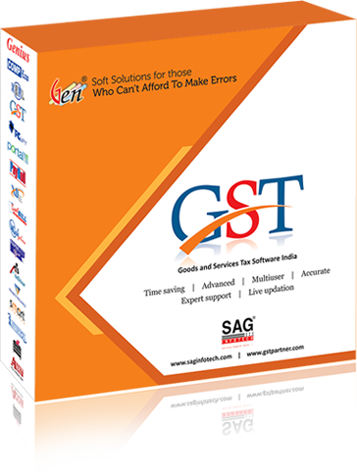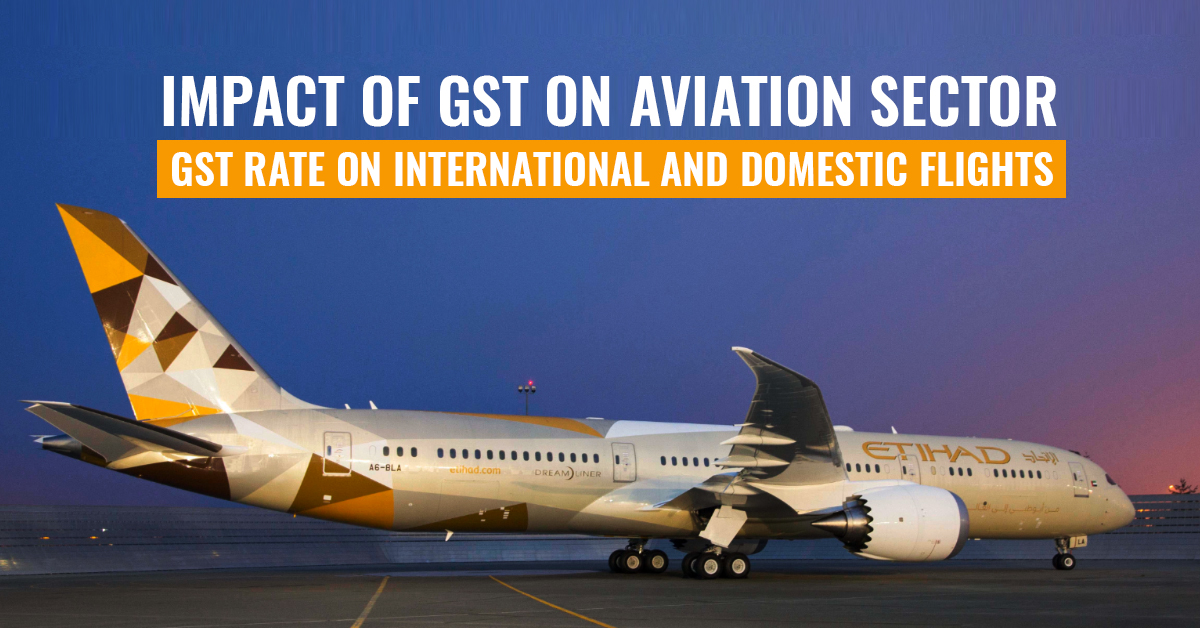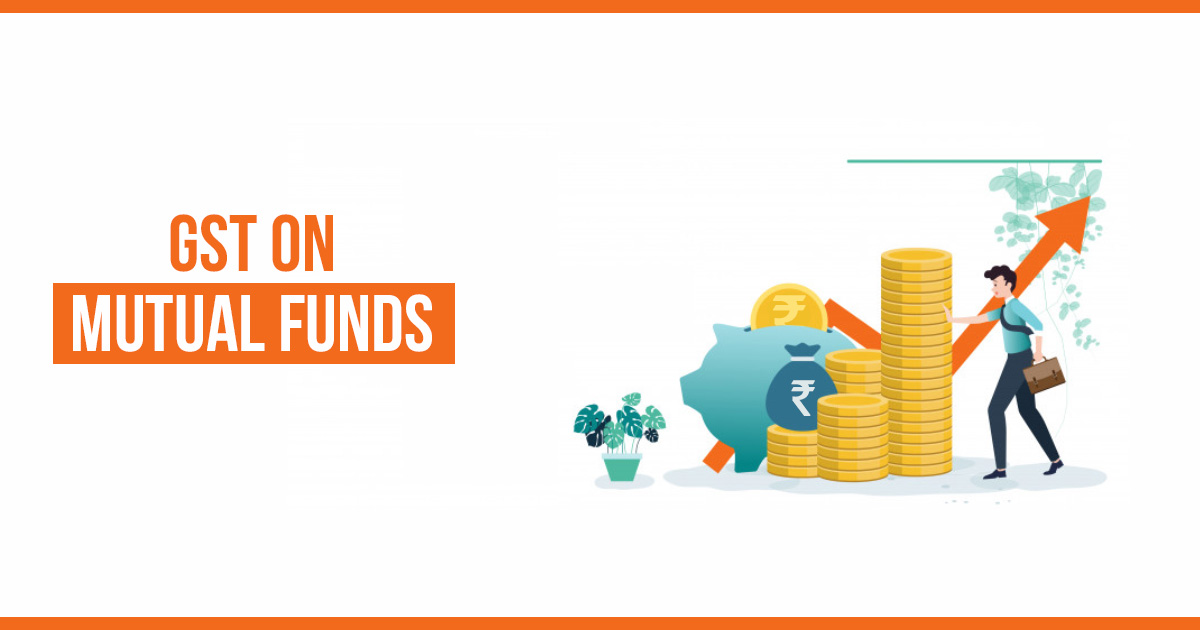The implementation of Goods and Services Tax (GST) as an indirect tax in India has affected almost every major and most minor business sectors of the country. Indian Aviation is one such industry which was affected by the launch of GST. Let’s try to understand the impact of GST on aviation sector, both long term and short term.
Contents
GST Rate on Domestic and International Flights
The major impact of GST on international and domestic flights was in the form of revised tax rates of airfares. After the launch of GST, the tax rates on both economy and business class airfares were changed. Whereas the tax on Economy class air travels was reduced, the rate on Business class airfares is now higher. Take a look below for GST effect on international and domestic flights.
Pre-GST (service) tax rates on air travel
- Economy class: 5.6%
- Business class: 8.4%
After-GST tax rates on air travel
- Economy class: 5%
- Business class: 12%
As you can see, the tax rate on economy class air tickets has been reduced to 5%, the business class tickets are now liable for 12% tax.
The flight ticket prices have not much changed for the economy class travellers due to the minor reduction in rates, however, the business class travellers are certainly seeing a noticeable difference in their ticket costs after GST.
Recommended: GST impact on tourism industry
Short-Terms Impacts on Airlines
Decrease in cost of Economy Class Air Travels
The cost of economy class air travels is now reduced, thanks to a lower GST rate (5%) on tickets.
Increase in ticket cost for Business Class Air Travels
Business class air trips are now costlier, thanks to 12% GST on business class air tickets. The increase in ticket prices may temporarily affect the cash flow for small airlines.
Also Read: Impact of GST on Businessmen
No ITC on Jet Fuel/ATF
Since fuel has been kept out of GST ambit, airlines are unable to claim ITC for tax paid on aviation turbine fuel (ATF) and other types of fuel.
GST on Aircraft Leasing
Those, who are planning to lease an aircraft, will now have to pay ‘nil’ GST on such imports. Previously, it was set on 5% but later removed because of the increased tax burden on airline operations. Before GST, there was a service tax levied on only 10% of total lease amount.
GST on repair/maintenance of aircrafts
In the pre-GST regime, both service tax and VAT were applicable on aircraft repair services, however, this is being treated as a pure service transaction under GST, thus reducing the tax burden by removing the cascading of taxes.
Import of aircrafts on lease is tax-free under GST, so it has become cheaper to import aircrafts and spare parts from outside of India.
Increased Compliance Cost
As per GST rules, a business has to acquire registration in every state where it conducts a supply. Airlines are therefore required to register in every state in which they provide service. They have to pay 28% inter-state GST on the transfer of airline parts and aircraft, which has increased the compliance cost for this industry.
As for the long-term impact of GST on the aviation industry, it depends on a number of things. For low-cost domestic travellers, things definitely seem better as they are now paying lower than before. Business class passengers are paying more, but not by a big margin. Airlines can claim ITC on inputs provided by them such as spare parts, food items (if any), etc.
Some airlines are reporting an increase in the cost of operations while some have already increased ticket prices to keep up with tax burdens. Since there is a tax on exporting of aircraft engines and other parts, this has also increased tax burden resulting in an increase in the ticket costs for common people.






